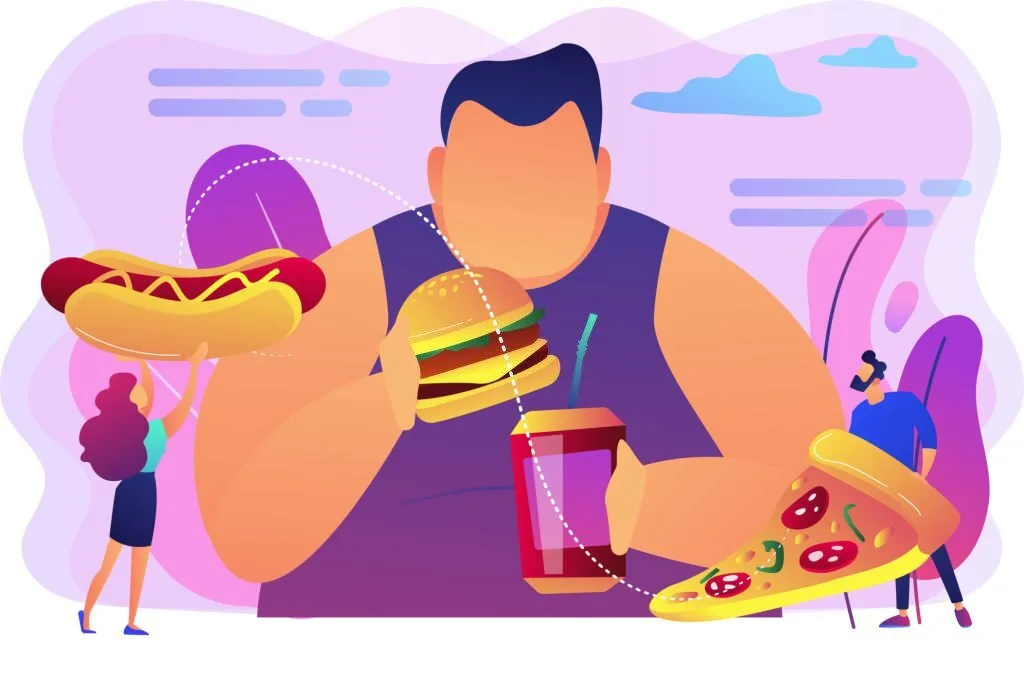Excessive compulsive hunger is a condition in which people feel a constant urge to eat, even when they are not hungry. This can lead to overeating and weight gain. There are a number of things that can be done to manage excessive compulsive hunger, including:
Identify the triggers: The first step to managing excessive compulsive hunger is to identify the triggers that are causing it. Common triggers include stress, boredom, and emotions such as sadness, anger, or anxiety. Once you know the triggers, you can start to develop strategies for coping with them.
Eat regular meals and snacks: Eating regular meals and snacks can help to keep your blood sugar levels stable and prevent you from feeling hungry. Aim to eat every 3-4 hours.
Choose healthy foods: When you are hungry, it is easy to reach for unhealthy foods. Choose healthy foods that are high in protein and fiber, such as fruits, vegetables, whole grains, and lean protein.
Drink plenty of water: Sometimes thirst can be mistaken for hunger. Make sure to drink plenty of water throughout the day.
Get enough sleep: When you are sleep-deprived, your body produces more of the hormone ghrelin, which makes you feel hungry. Aim for 7-8 hours of sleep per night.
Manage stress: Stress can lead to excessive eating. Find healthy ways to manage stress, such as exercise, relaxation techniques, or spending time with loved ones.
Talk to a therapist: If you are struggling to manage your excessive compulsive hunger, talk to a therapist. A therapist can help you to understand the underlying causes of your hunger and develop strategies for coping with it.

If you are experiencing excessive compulsive hunger, it is important to seek help. By following these tips, you can learn to manage your hunger and improve your overall health.
Here are some additional tips that you can try:
Eat slowly and mindfully: When you eat slowly, you give your body time to register that you are full. Pay attention to the taste and texture of your food, and savor each bite.
Avoid sugary drinks: Sugary drinks can spike your blood sugar levels and make you feel hungry soon after. Instead, drink water, unsweetened tea, or coffee.
Get regular exercise: Exercise can help to reduce stress and improve your mood, both of which can contribute to excessive hunger. Aim for at least 30 minutes of moderate-intensity exercise most days of the week.
Find a support group: Talking to others who are struggling with the same issue can be helpful. There are many support groups available online and in person.
Managing excessive compulsive hunger can be challenging, but it is possible. By following these tips, you can learn to control your hunger and improve your health.




